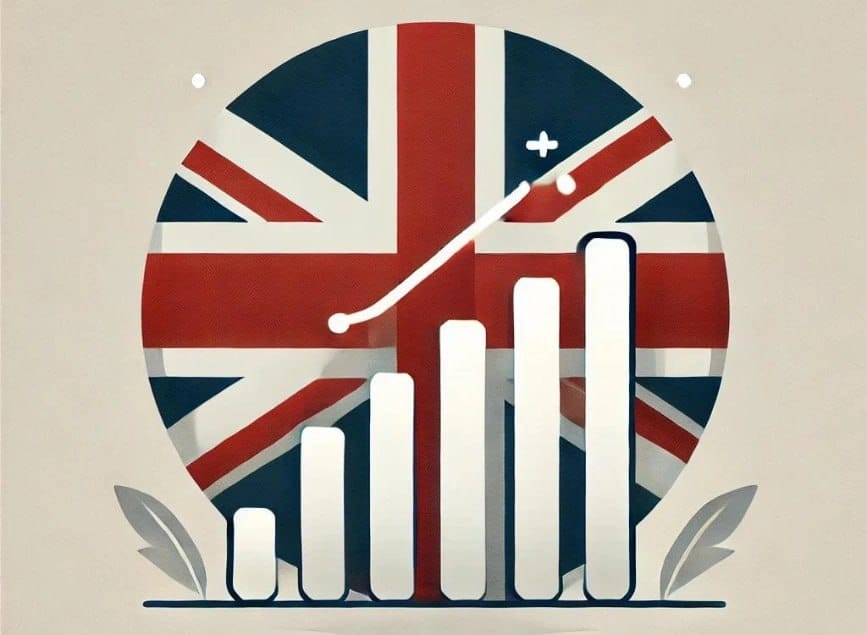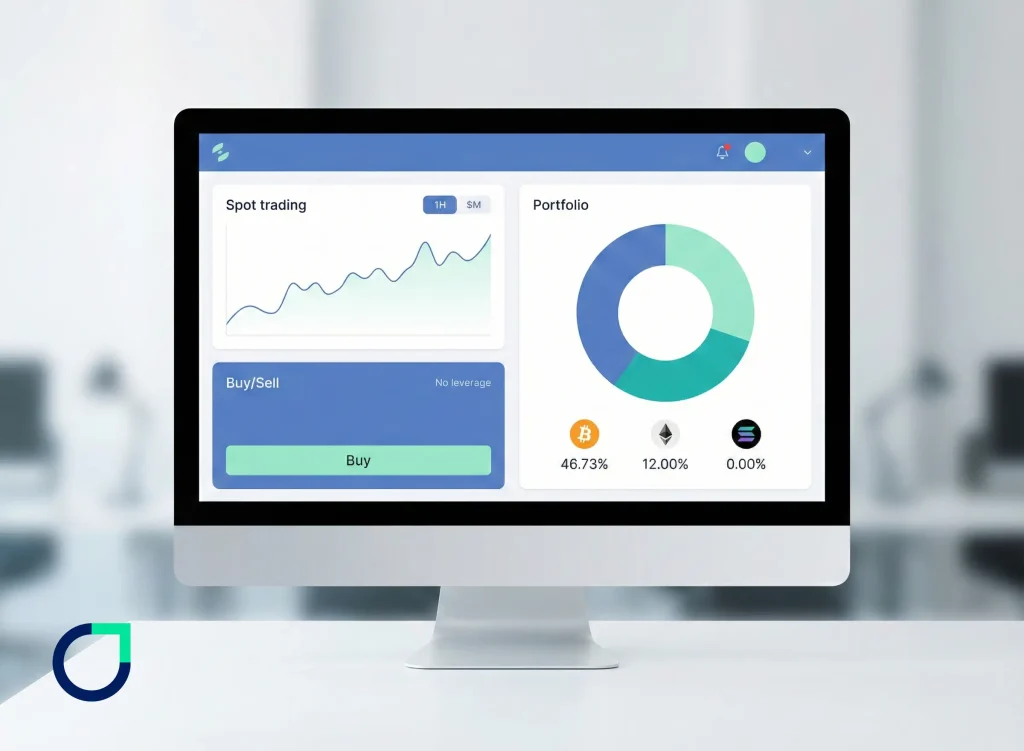
UK Consumer Confidence Index Drops
The GfK Consumer Confidence Index in the UK has dropped sharply to -20 in September 2024, marking its lowest level in six months. This significant decline follows two months of stability at -13, defying earlier expectations of continued steadiness. The dip reflects heightened public concern over the upcoming autumn budget, set to be unveiled next month.
Public Anxiety Over Autumn Budget
The drop in consumer confidence is largely attributed to growing uncertainty surrounding the government’s autumn budget. With speculation about potential tax hikes, spending cuts, and austerity measures, UK households are increasingly worried about their financial outlook. The anticipation of these policy changes has led to a more cautious attitude toward spending, with many consumers opting to save rather than spend on non-essential goods and services.
The fear of increased cost-of-living pressures, particularly in areas such as energy, housing, and food prices, has further exacerbated the public’s pessimism. While inflation has begun to moderate slightly, concerns about future price increases remain top of mind for many households. The budget’s potential impact on public services and welfare programs is also contributing to growing anxiety.
Below-Forecast Confidence Levels
The index figure of -20 came in below most analysts’ forecasts, underscoring the depth of insecurity felt by UK consumers. Economists had expected consumer sentiment to remain stable or drop slightly, but the larger-than-expected decline signals a more pronounced sense of financial vulnerability.
Economic Implications
The sharp drop in consumer confidence may have broader implications for the UK economy, particularly in terms of consumer spending, which is a key driver of economic growth. If consumer sentiment remains low in the coming months, there could be a slowdown in retail sales and other areas of discretionary spending. This could pose challenges for businesses, especially as they head into the crucial holiday season.
Outlook
With the autumn budget just weeks away, all eyes will be on the government’s fiscal policy decisions. A budget that is perceived as harsh or detrimental to household incomes could further erode consumer confidence and dampen economic activity. Conversely, measures that offer relief to households, such as targeted support for energy costs or tax cuts, could help restore some stability to consumer sentiment.
Share
Hot topics

What Is Spot Trading?
Spot trading refers to the buying or selling of an asset for immediate delivery in the current market (or “spot”) and does not contain any future obligations, expiration dates, or...
Read more




Submit comment
Your email address will not be published. Required fields are marked *